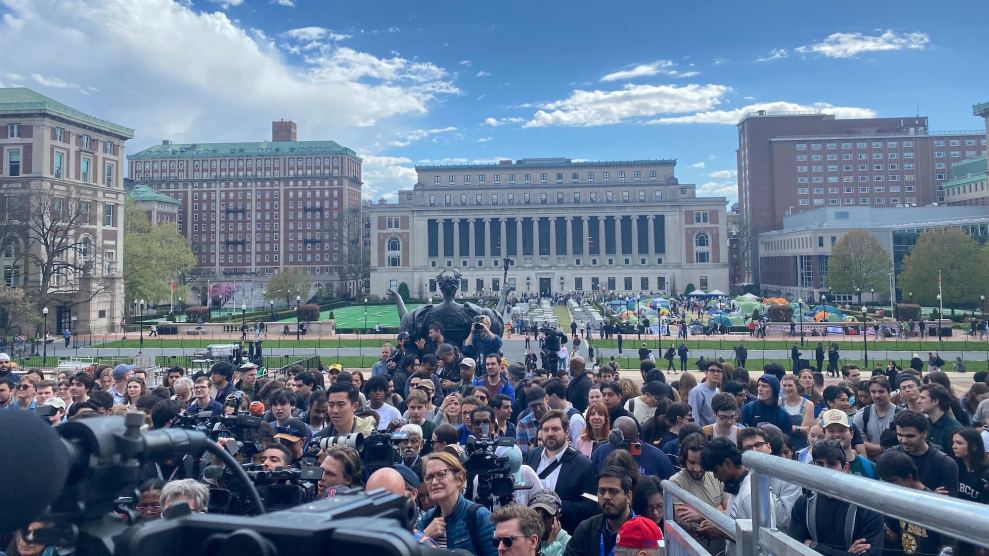I don’t really know what kind of track record these guys have, but e-forecasting now thinks that GDP grew 5% in the final quarter of 2009. At the same time, the economy lost 85,000 jobs in December, for a total of over 200,000 jobs lost in Q4. Using the rule of thumb that we need to add about 400,000 jobs per quarter just to tread water, this means that we fell behind by about 600,000 jobs even as GDP was growing at a pretty good clip.
I don’t know quite what this means. Maybe e-forecasting will turn out to be wrong. But if we’re really still losing jobs at this clip even with GDP picking up smartly, it doesn’t suggest anything good. I sure hope the conventional wisdom that employment is just a lagging indicator and it will soon start climbing rapidly turns out to be right. I don’t think I believe it, though. A long, slow recovery still seems more likely than not.
UPDATE: More here: “Total underemployment — the famous U-6 — is still extremely and stubbornly high at 17.3%, and the total number of unemployed persons, at 15.3 million, is double what it was at the start of the recession in December 2007….The bigger picture [] is important. And it shows a US workforce which is underemployed and looking at jobs which, when they do exist, are insecure and often temporary. Capital took its lumps in 2008 and the early months of 2009; it then recovered astonishingly quickly. It’s labor which is suffering the real hangover.”

















